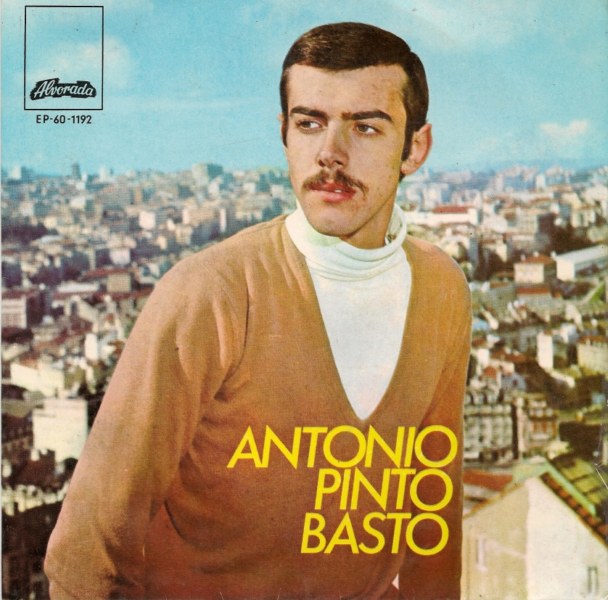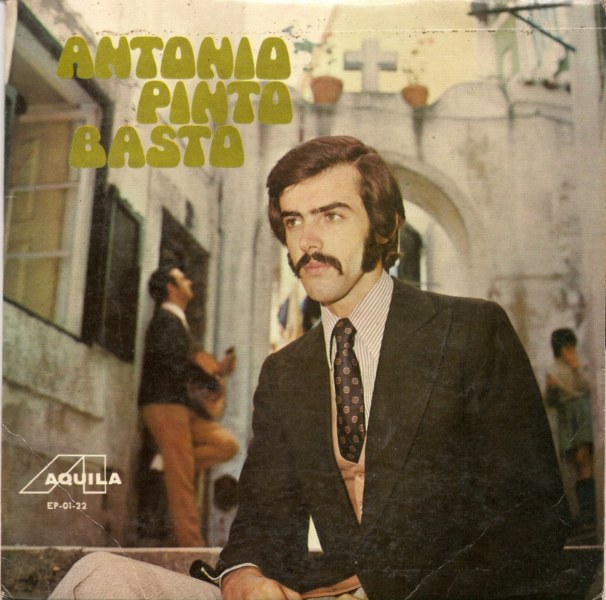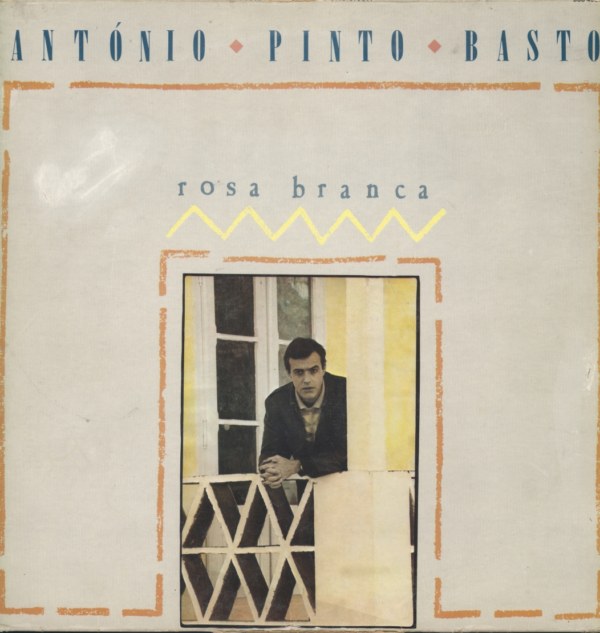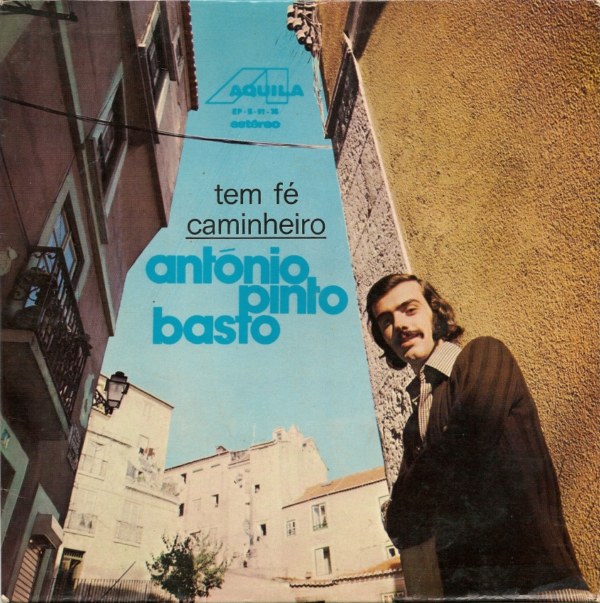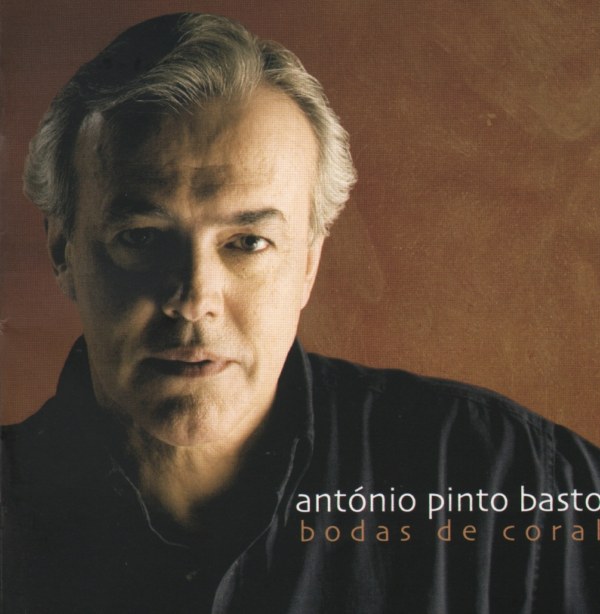Know more:
António Pinto Basto
(N. 6 May, 1952)António Pinto Basto stands out in his generation as one of the most popular fado singers. He was born in Évora on May 6, 1952. He has 3 children from a first marriage, Egas, Gustavo and Amélia, and two more from a second connection, Carlota and António.
Full name António João Ferreira Pinto Basto, the fado singer states that, although he doesn't have his mother's surname, because his name would be too long, the Vasconcellos e Sá family ”has much more importance in my career and musical aspect, in the artistic vocation”.
When he was 13, his parents took him to a fado evening at the "Feira dos Salesianos" in Évora. António Pinto Basto tells us: “This was a huge revelation for me. I was fascinated with that. (…) I was seduced, converted to Fado from there”. Together with one of his sisters, also impressed by the show, they asked their parents to do a retreat in the garage of their house, which they called “Toca”, in honor of Carlos Ramos' house, and then they started having weekend parties which had the particularity of ending up with Fado.
António Pinto Basto had access to his grandfather's poems (João de Vasconcellos e Sá) and, as such, from an early age, sang original lyrics in traditional fados. His uncle, José de Vasconcellos e Sá, after passing by “Toca” on one of the party nights, enjoying the skills of his nephew's interpreter, decides to take him to Lisbon. At the age of 16, Pinto Basto participated in the "Grande Noite do Fado", representing the "Casa do Alentejo" and sang in some fado houses. He remembers, for example, going to "Timpanas".
It is also through this uncle that he records his first album, in 1970. An EP edited by Alvorada, with lyrics by his grandfather and uncle and songs with traditional fado melodies (“Fado Franklin”, “Fado Vitória”, “Fado Dois Tons” and “Fado das Horas”). At that time he also went to some television programs and gave interviews. He was only 17 years old when, with this first album, he started his career. In the years 1972 and 1973 he recorded two more EPs. Then he went to study in Luanda and returned a month after the 25th of April 1974.
Having taken a civil engineering degree at the "Instituto Superior Técnico", he established himself in that job, but in spite of that “he often went to "Embuçado" because of his friendship with João Ferreira Rosa” and continued to do live shows, in Portugal and abroad, performing in the United States, Brazil, Spain, France and Angola.
The singer states that his record resurgence arises for commercial reasons. António Pinto Basto worked as an engineer at "Siderurgia Nacional" when he was contacted by Polygram to record. His idea was to put on record the things that he sang for many years but that were not known to the general public. The publisher's idea was to compete with the success of Nuno da Câmara Pereira, edited by EMI.
In 1988 he recorded the LP “Rosa Branca”, whose title theme was a poem by his grandfather. Sales reached platinum. In the 3 months that followed, he gave 73 interviews and that year he held about 120 shows. It became impossible to maintain his professional activity as an engineer, which he eventually abandoned in late 1989.
With the edition of the first LP, the fado singer received several awards, such as the Grand Prize "Revelation Artist" of Rádio Renascença, "Sete de Oiro - Revelation" and "Sete de Oiro - Fado". In the following year, 1989, he was awarded the Grand Prize "Popularity" and "Revelation Album". At the end of that year, he published the double album “Maria” which, like its predecessor, reached surprising sales figures. Two years later, in 1991, another record work hits the market, the album “Confidências à Guitarra”.
António Pinto Basto has achieved such success that, after just three albums, Polygram decides to edit the compilation “Os Grandes Sucessos de António Pinto Basto” in 1993. And, based on a concert held in his hometown, it is launched at the end of 1995, a video cassette entitled "António Pinto Basto in Évora".
In the 90s, travels followed one another, and in 1992 he performed on four continents, Toronto (Canada), Macau and Hong Kong, Angola and Seville, within the scope of Expo'92. Later that year, he returned to Canada for four more concerts and performed in the United States.
In 1994, he was invited by the Cultural Institute of Macau to be a soloist on a tour that the Chinese Orchestra of Macau would hold in Portugal, which includes two shows in Lisbon, one at Teatro S. Luís, within the scope of Lisbon'94, European Capital of Culture and another in the National Theater of S. Carlos. Again as a soloist, he performs the following year at the 6th Macau Arts Festival. Still in 1995, he performed two concerts in Goa, India, performed in Palermo and Sicily, Italy, representing Portugal in a Mediterranean Music Festival, and went to Caracas, part of the group of artists who perform the performance of the Festival of the Portuguese Communities promoted by RDPI.
António Pinto Basto records the CD "Desde o berço", in 1996, for BMG. Countless invitations to live performances continue to arrive and in that same year he returns to Canada and performs for the Portuguese community in London. In 1997, two concerts in Turkey stand out, through the European Commission and the Portuguese Embassy in Ankara, and the performances in Brussels and, again, in Canada.
In 1998, António Pinto Basto made a small tour of the Portuguese communities in Europe, performed at EXPO'98 and was in charge, as a producer, of the programming of the fado stage for five weeks. It creates a space in its own name on the Internet, being the first fado singer to join this new mean of communication. Still in that year, Casa da Imprensa awarded him the "Neves de Sousa Trophy".
He toured North America, with performances in Montreal, Toronto, Ottawa and Newark, and some shows in S. Paulo and Rio de Janeiro, during 1999. In the following year he joined the group “Land of Fado”, organized by João Braga, who performs in Newark, United States.
Still in 2000, António Pinto Basto is invited to produce and present, at the invitation of Radiotelevisão Portuguesa, a weekly program dedicated to Fado, on the channels RTP International and RTP Africa, entitled “Fados de Portugal”. The popularity of this program is immense and instead of the expected 3 months, it ended up being presented for 13 months.
The album “Rendas Pretas”, released in 2001, moves away from fado, presenting songs composed by José Campos e Sousa for somewhat sensual poems selected by the composer. In his next record, “Letras do Fado Vulgar”, the fado singer interprets poems by Vasco Graça Moura, again with songs composed by José Campos e Sousa.
At the same time, António Pinto Basto runs for the presidency of the City Council of Estremoz and takes office as a councilor for the Social Democratic Party in 2002.
In celebration of his 35 years of career António Pinto Basto edits the CD “Bodas de Coral”, by Zona Música, with a show at Casino Estoril, which is followed by performances all over the country.
The album “Bodas de Coral” marks the debut of António Pinto Basto as the author of poems, with the theme “Madrigal para Amália”, written in honor of the singer. Previously, António Pinto Basto had already composed some songs, as is the case of “Nobre Cidade Évora”, edited on the disc “Rosa Branca”, or “Já Vives dentro de mim”, this integrated in the album “Maria”. In this CD António Pinto Basto returns to present songs of his authorship in the themes: “Gostava”, with a poem by Vasco Telles da Gama, and “O Castanheiro”, with a poem by his bird, João Vasconcellos and Sá.
In 2004, António Pinto Basto joined the project “Quatro Cantos”. Alongside Maria Armanda, Teresa Tapadas and José da Câmara, the fado singer interprets great successes in the history of Fado that have already been recorded on CDs and DVDs: “5 Décadas de Fado”, in 2004, and “Do Presente ao Passado no Fado”, in 2006.
Source:
http://www.antoniopintobasto.com
Museu do Fado - Interview on August 10, 2006.
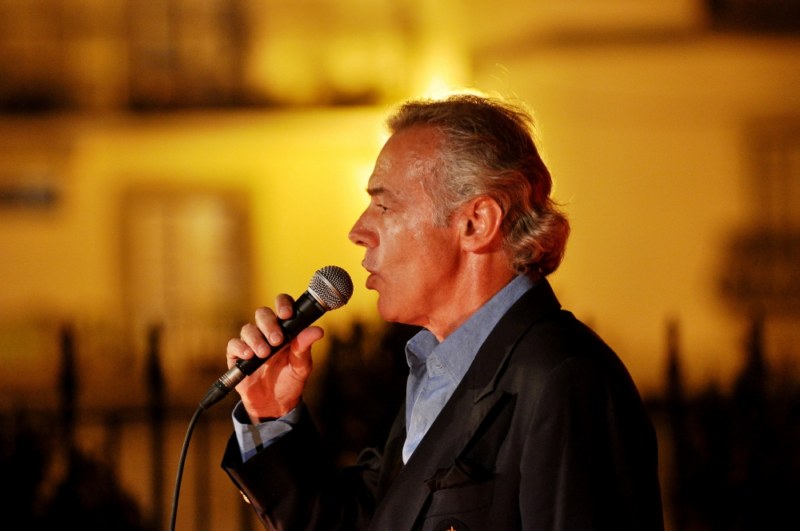
António Pinto Basto Museu do Fado, 24 de Julho de 2009
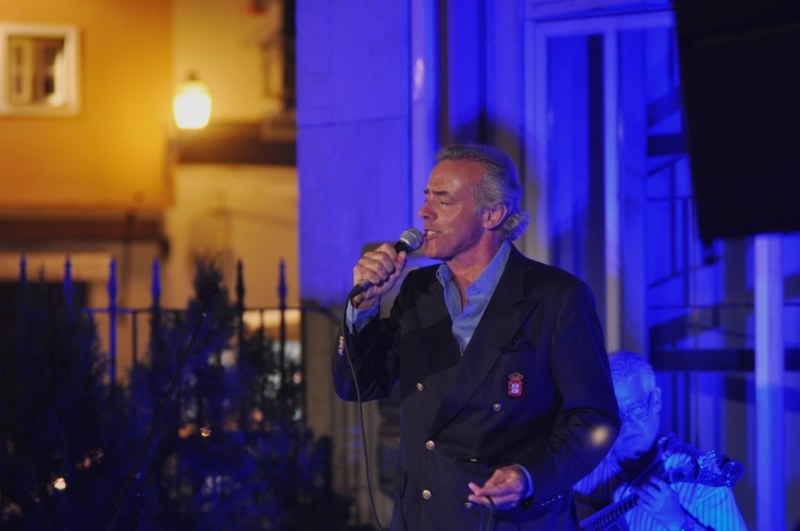
António Pinto Basto e José Luís Nobre Costa Museu do Fado, 24 de Julho de 2009
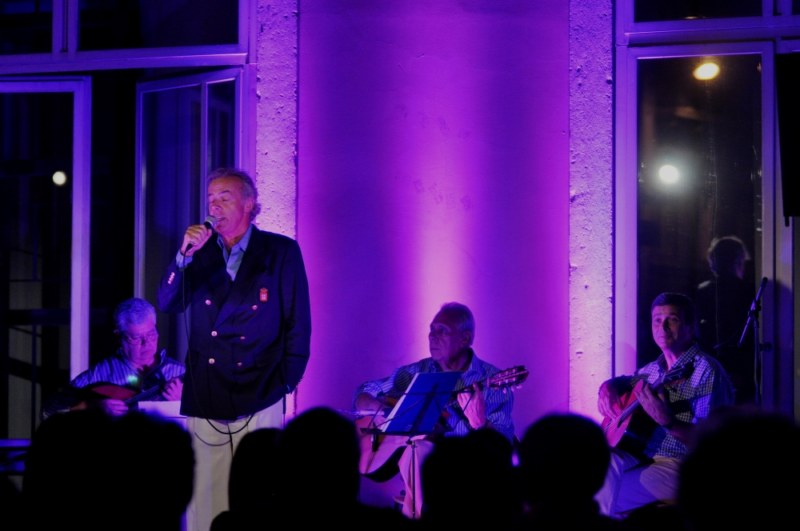
António Pinto Basto, José Luís Nobre Costa, Francisco Gonçalves e Armando Figueiredo Museu do Fado, 24 de Julho de 2009
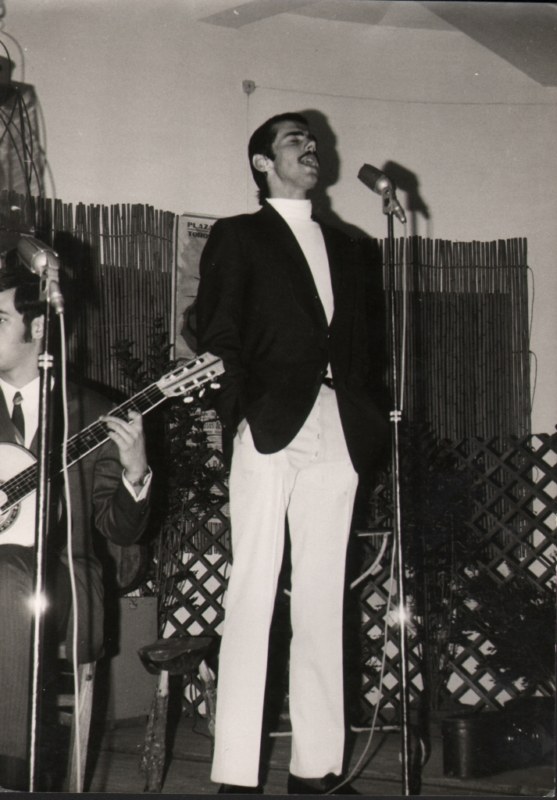
António Pinto Basto Évora, 1970
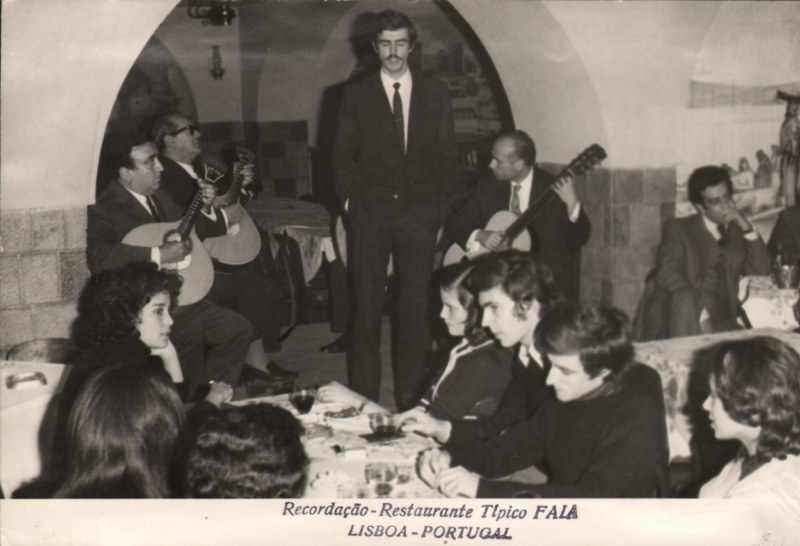
António Pinto Basto Faia, s/d.
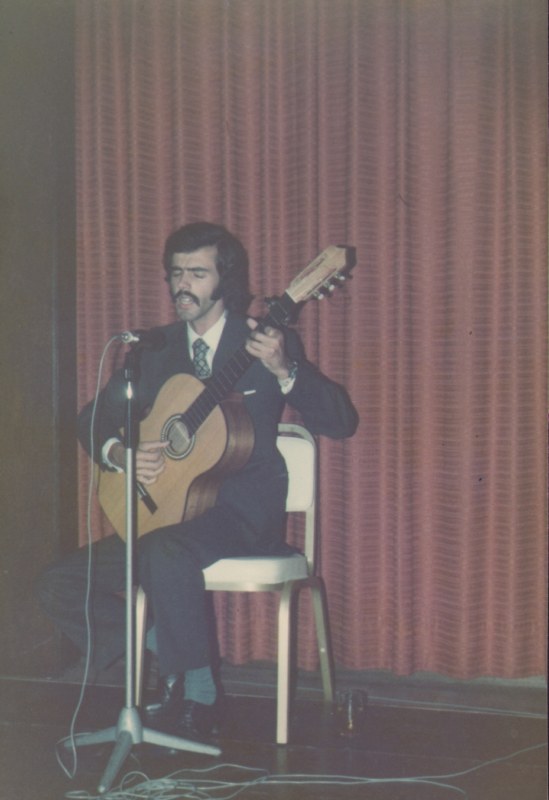
António Pinto Basto Sheraton, 1974
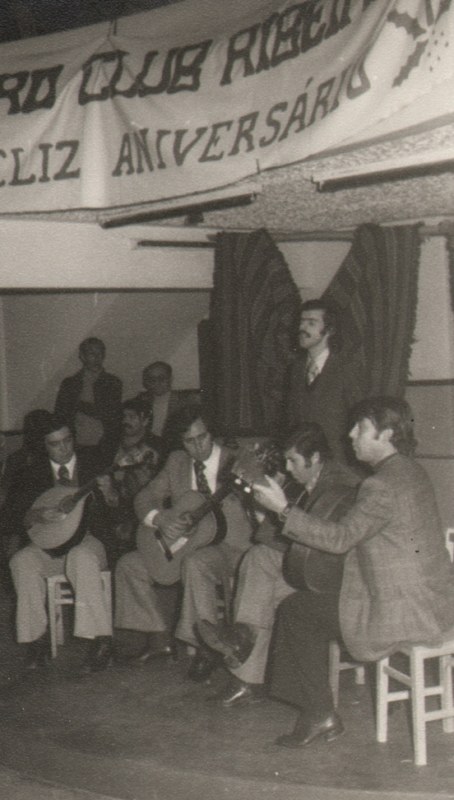
António Pinto Basto e António Parreira Ribeira de Santarém, 1976
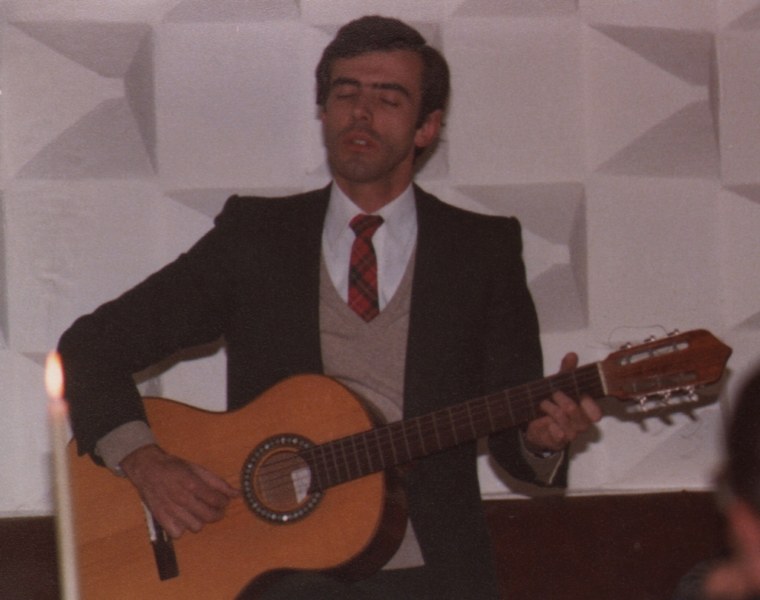
António Pinto Basto Taverna do Embuçado, 1980
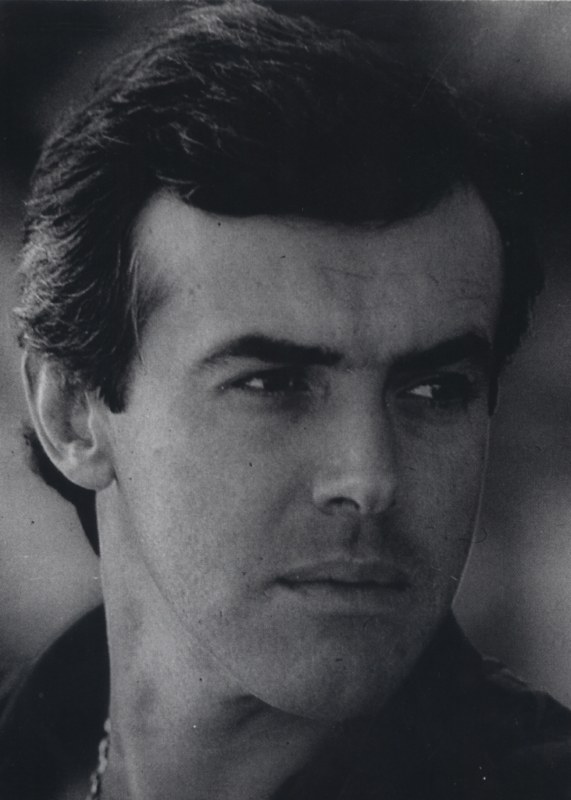
António Pinto Basto s/d.
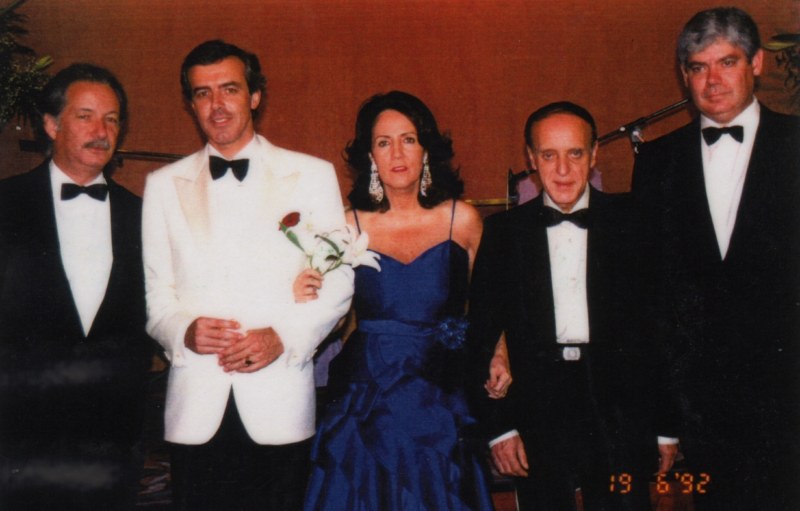
Fernando Alvim, João Torre do Vale, Luz Sá da Bandeira, António Pinto Basto, José Luís Nobre Costa Macau, 1992
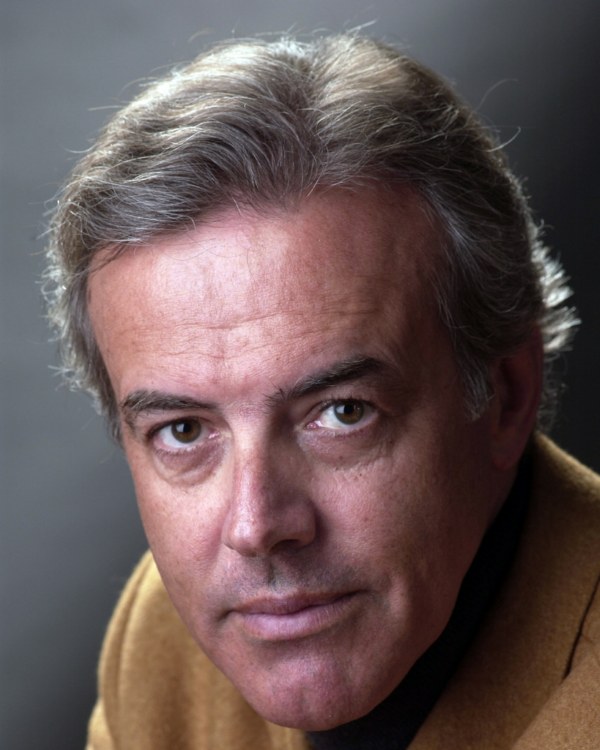
António Pinto Basto s/d.
-
A Canção da Rosa Branca António Pinto Basto (J. de Vasconcellos e Sá / António Pinto Basto)
